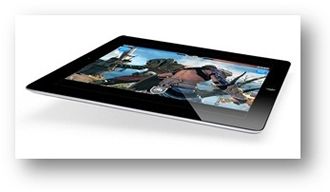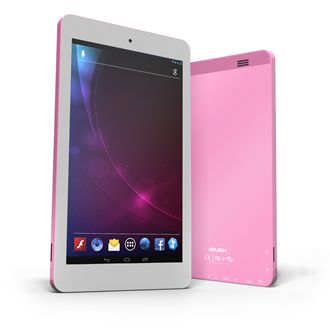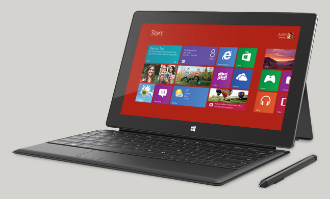 Stationery outfit Ryman saw its business grow by only 1.7 percent over Christmas, compared to the same period a year ago.
Stationery outfit Ryman saw its business grow by only 1.7 percent over Christmas, compared to the same period a year ago.
But subsidiary Robery Dyas, which Ryman bought in 2012, did somewhat better, clocking an increase of 5.2 percent, season on season.
The third string to the Theo Paphitis bow, Boux Avenue, saw its business grew by 20.2 percent. It has 21 stores here in the UK, and four abroad. Robert Dyas has 96 shops in the UK, while Ryman has 237 across the nation.
The periods cover from the 1st of November to Christmas Eve, 2013.
Paphitis said he was delighted with the performance of these three businesses – which came via footfall and mouse click or swipe.
He said that the businesses saw “significant increases” online and it managed to make more sales and better margins without having to discount stuff.

















